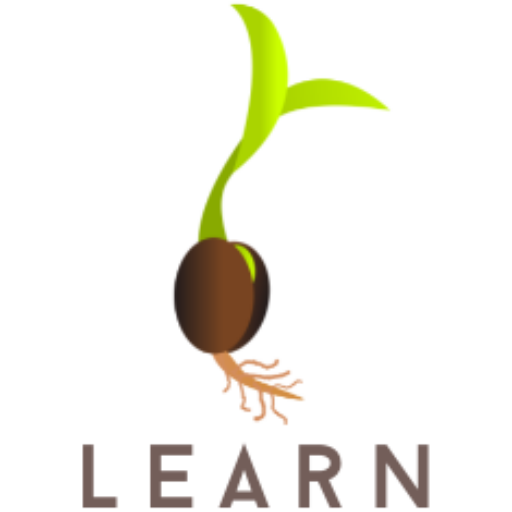To look at, understand, interrogate, rethink, dismantle and look again from a different perspective on power dynamics is not an easy and either linear task, let alone a linear journey.
This is why the end of this collective design and invitation to interrogate power does not end as a list of things to accomplish or that you had to achieve, since the more layers of power we unveil, the closer we can look at dynamics that maybe were too painful for us to look at before, and more layers are revealed, and we can start to develop new ways of being and relating to one another. This is why we choose the spiral as a pattern for this course, combined with the fermentation metaphors because it is a continuous learning process.
To look at power dynamics and to understand its many facets requires collective support, so each one of us can move beyond our own blindspots and better understand each other’s perspectives, boundaries, and ways of relating.
In order to learn how to better understand and design more collaborative ways of sharing power, we need to step out of our comfort zones, we need to question our roles and our privileges, need support and find support in and beyond our communities, to better understand how we are interacting with systemic mechanisms of oppression.
You may notice that in this journey we didn’t talk specifically about patriarchy, racism, LGBTQIA+phobia, ableism, ageism, classicism and so many other ‘isms’ that exist and are happening out in the world because we see them as the many facets of colonialism. We invited you to look at the patterns they represent and how they are repeated in various contexts, perpetuating toxicity and oppression, from patterns to details.
Through this journey, we tried to make the patterns of colonialism easier to be identified through the exercises we offered.
And this is why we called this last lesson a Fermented Ending, with the idea that hopefully, this journey had sparkled in you many bubbles and questions around power and how power is played in your context, and with time, as a fermented culture, it starts to ferment more, multiplying abundance, breaking difficult understandings in more digestible learnings for yourself and to your own relationships and community.
Power dynamics don’t need to be abusive, and shared power can mean collaboration, healthy boundaries, and nurturing more resilient systems.
In the more-than-human world, there are many examples of that kind of shared and collaborative power, here are just three examples:
- Kombucha: a novel model system for cooperation and conflict in a complex multi-species microbial ecosystem (article)
- Humpback Whales 8,700 Miles Apart Are Found Singing the Same Songs (article)
- About Mother Trees in the Forest (article)
Hopefully, the many spaces for fermentation in this journey had helped you to create more space to embrace complexity and dive a bit deeper into these many layers of conversations that involve interrogating power dynamics.
Maybe this journey helps you to become more intentional in how we can relate to one another to not continue to perpetuate systemic oppression and to not submit to any kind of aggression, not even the “micro” ones.
And as you might imagine by now, this is not a change that can happen from one day to another, and this is why a fermented ending is important here, so you can continue to cultivate these interrogations around power within you, within the communities you belong to.
See you at the next batch!
